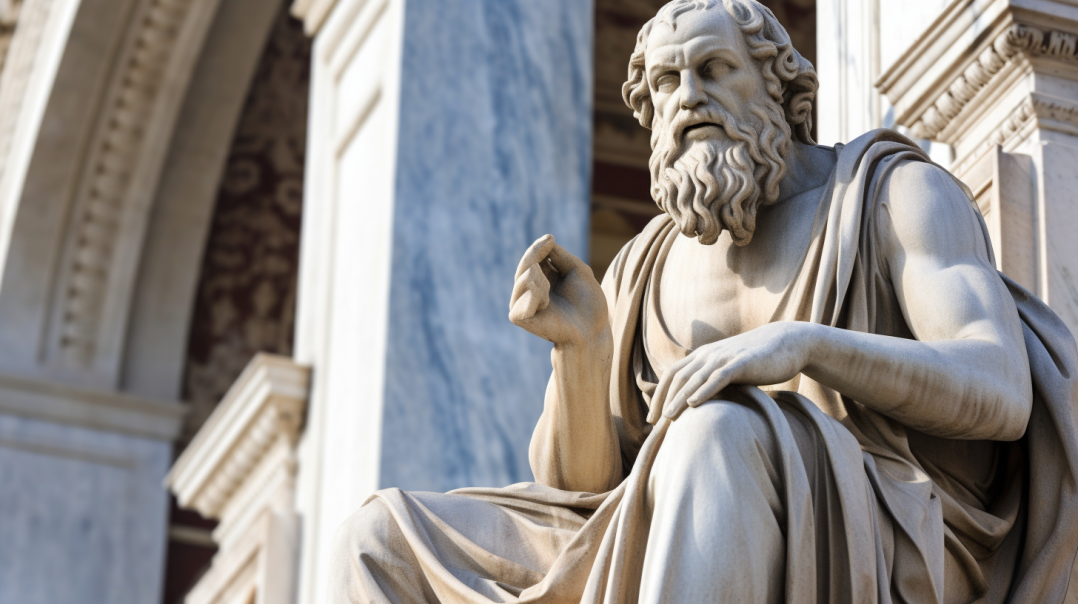Western Philosophy and Democracy: Examining the Foundations of Governance
Western philosophy and democracy have long been intertwined, influencing and shaping the other throughout history. Democracy, as a system of governance, has its roots in ancient Greece, particularly in the city-state of Athens. In Western philosophers' works, we find the intellectual foundations of democracy, exploring its values, principles, and implications. In this article, we will delve into the rich philosophical heritage that underpins democracy and highlight the importance of understanding these principles in shaping our modern world. Additionally, we will explore the various benefits of joining planksip, a platform that provides an avenue for intellectual exchange and collaboration.
I. The Origins of Democracy in Western Philosophy
A) The Influence of Ancient Greek Philosophy
The birthplace of democracy, ancient Athens, was also the intellectual hub of ancient Greece. Philosophers such as Socrates, Plato, and Aristotle laid the groundwork for democratic governance through their writings and teachings. Socrates, for example, emphasized critical thinking and the importance of questioning authority, which are crucial elements of democratic participation.
B) Enlightenment Thinkers and Democratic Ideals
The Enlightenment era witnessed a resurgence of interest in democracy and individual liberties. Thinkers like John Locke, Jean-Jacques Rousseau, and Immanuel Kant explored the principles of democracy, arguing for individuals' inherent rights and freedoms. Their ideas challenged the traditional notion of absolute monarchies and laid the groundwork for modern democratic systems.
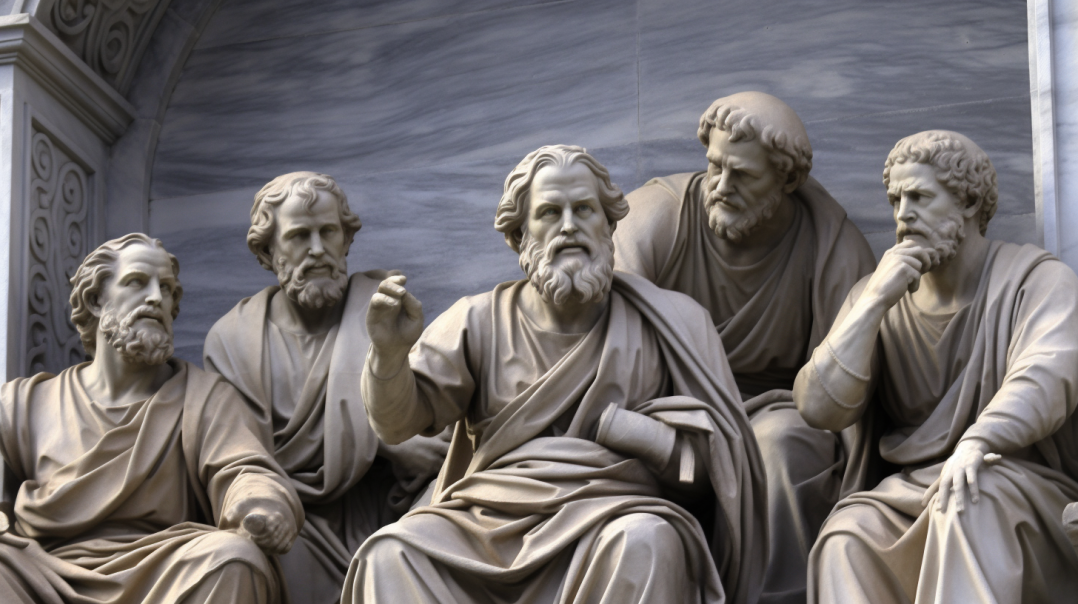
II. The Interplay Between Philosophy and Democracy
A) Values and Principles of Democracy
Philosophy provides the ethical and moral foundations upon which democratic societies are built. Concepts such as equality, justice, and individual rights find their philosophical underpinnings in the works of influential thinkers. By understanding these principles, individuals can actively participate in democratic processes and contribute to a just and equitable society.
B) Critical Thinking and Democratic Citizenship
One of the key benefits of studying philosophy is the cultivation of critical thinking skills. Philosophy encourages individuals to analyze and evaluate ideas, arguments, and evidence. This capacity for critical thinking is crucial in democratic societies where informed citizens are essential for functioning representative systems.
III. Joining planksip: Unlocking Intellectual Exchange and Collaboration
planksip offers a unique platform for individuals interested in philosophy, literature, and intellectual discourse. By becoming a member, you can access various plans catering to your specific interests and aspirations.
Free Plan
Signing up for the planksip newsletter is an excellent first step in engaging with the platform. By doing so, you will receive curated content and updates on the latest philosophical and literary discussions. Moreover, as a free member, you gain access to contributors with a moderate social media following, allowing you to connect with like-minded individuals.
50|50 Plan
For those seeking a more immersive experience, the 50|50 plan offers a range of additional benefits. Access to literary analysis tools allows you to delve deeper into the works of influential philosophers and thinkers. Furthermore, planksip offers journalist training for individuals interested in refining their writing skills. The Co-Creator Club provides a collaborative space for intellectual exchange, fostering creative and thought-provoking discussions. The podcast promotion plan and potential sponsorship from planksip offer avenues for amplifying your voice and ideas.
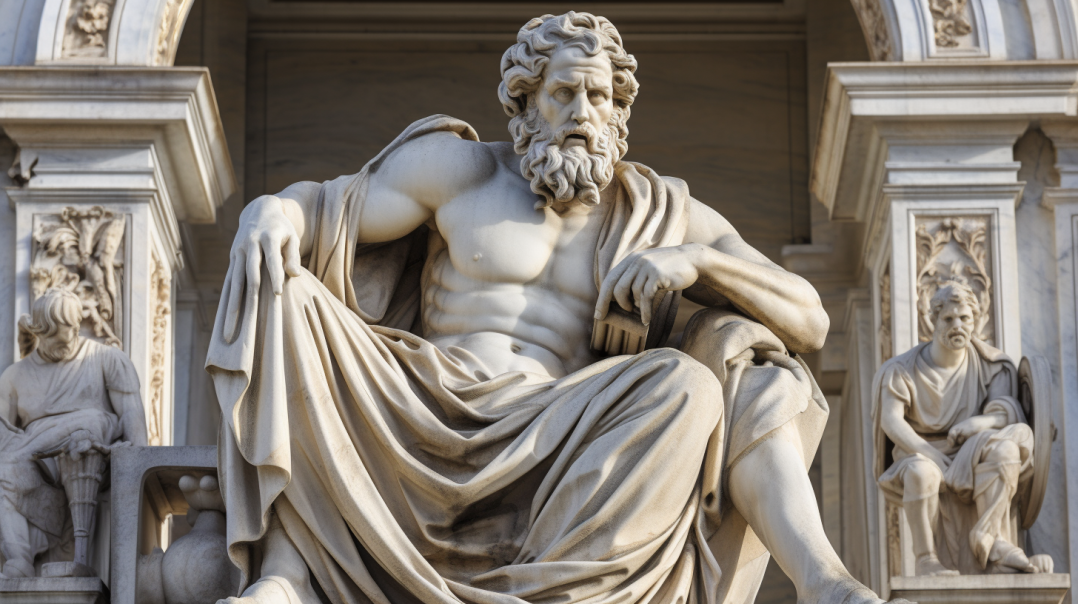
Ideal Partnership
The Ideal Partnership plan takes your engagement with planksip to the next level. Becoming a partner gives you exclusive access to planksip Founder Daniel Sanderson. This personalized engagement allows content co-creation, ensuring your ideas reach a wider audience. Depending on the quality of your work, you may also receive soft or hard publishing permissions, granting you official planksip contributor status. Furthermore, the plan
includes access to advanced literary analysis tools, including the planksip P.A.S.F. and index analysis with instance counts and custom categories. Additionally, free content creation services provide the necessary support for your creative endeavours.
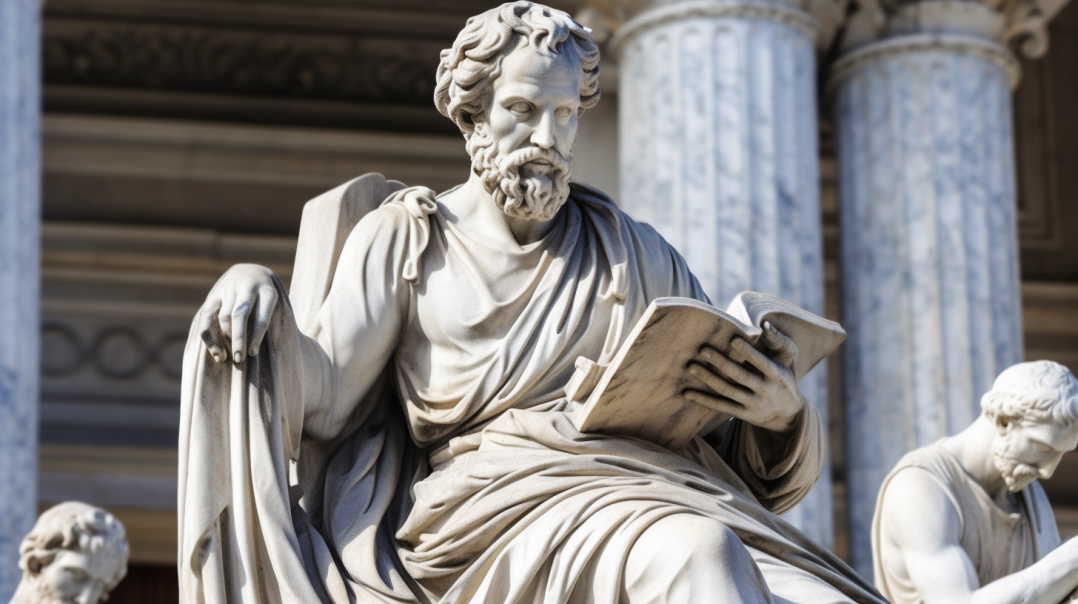
Conclusion
The relationship between Western philosophy and democracy is deep-rooted and essential for understanding the foundations of governance. By exploring the ideas of influential philosophers throughout history, we gain valuable insights into the values and principles that underpin democratic societies. Joining planksip allows individuals to engage in intellectual exchange and collaboration, amplifying their voices and contributing to the ongoing discourse surrounding philosophy and democracy. Whether through the free plan, the 50|50 program, or the Ideal Partnership, planksip offers a platform for individuals to explore, create, and shape the intellectual landscape of our time. Join planksip today and become part of a vibrant community of thinkers and creators dedicated to pursuing knowledge and advancing democratic ideals.
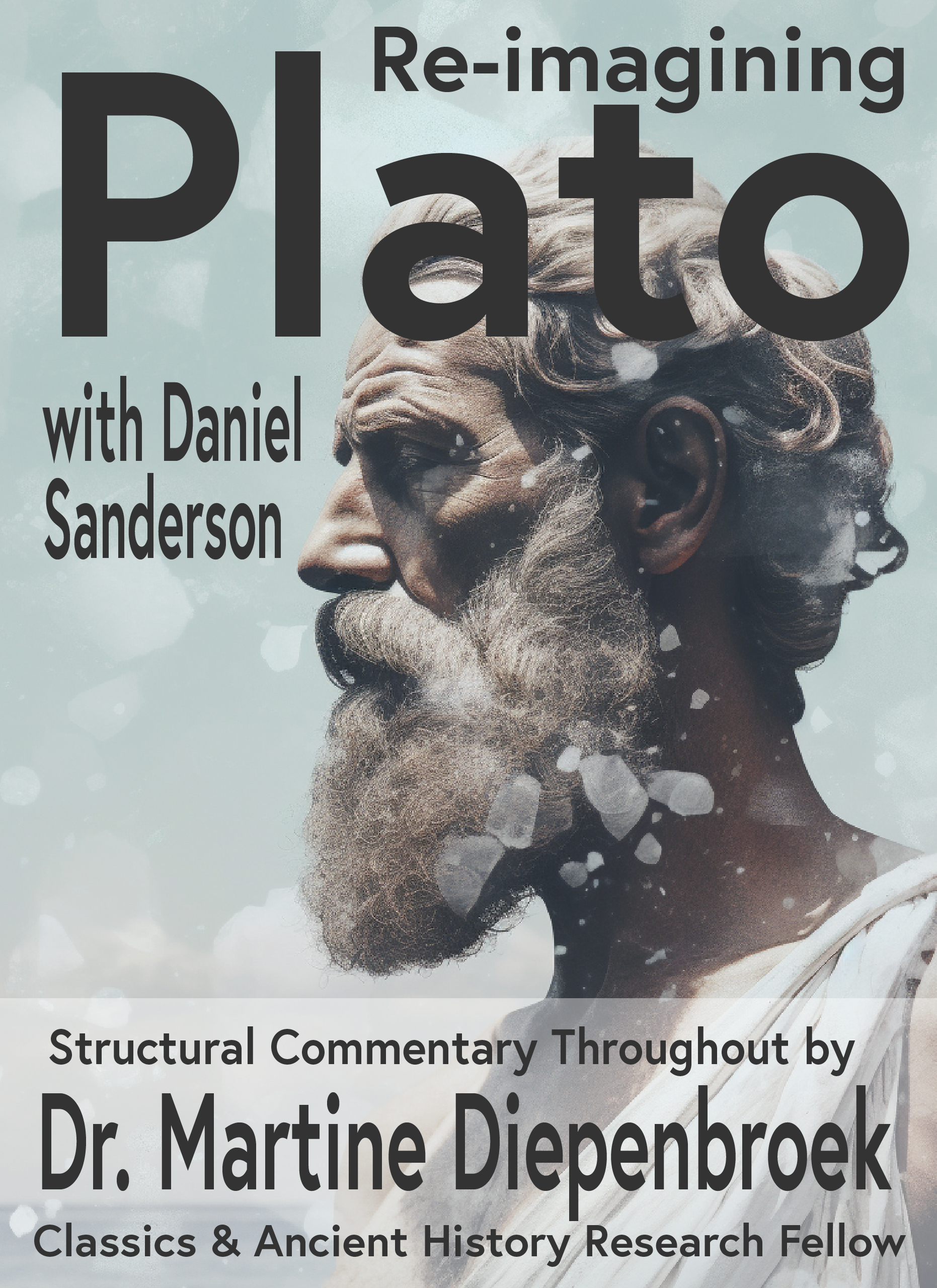
Plato Re-Imagined
This course includes 32 lectures covering most of Plato's dialogues and allowing the student to return to something divine. Divinity should resonate with secular and religious leaders alike. I present a compatible approach in my lecture on Consilience.
Also included with this course is a free book. If you pay for the course, you will get a physical copy of the book for free, mailed to your chosen address — anywhere on the planet!

